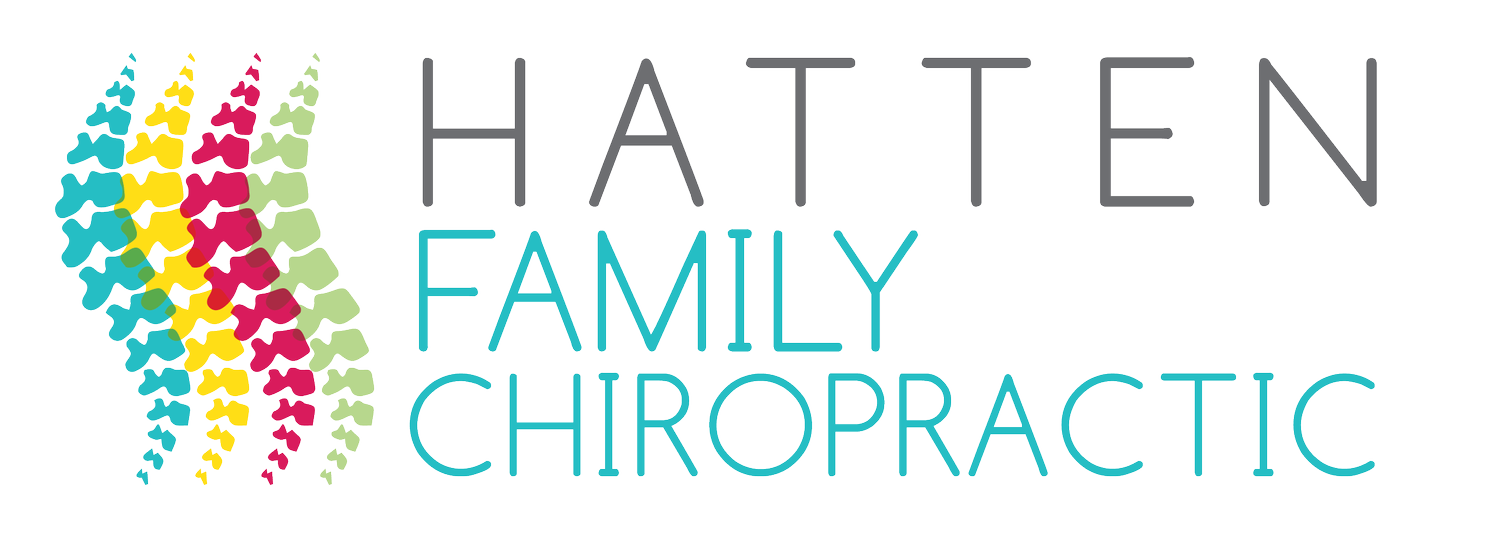What's the Best Way to Talk to the Doctor?
What's the best way to have a conversation?
This a question that I get asked from time to time when I'm doing the initial history and exam with a patient. Patients aren't sure what I want to know when they're telling me a part of their medical history.
First, I want to remind you of a couple of important facts about your conversations with your healthcare provider, and this goes for anyone. It's a conversation! You should feel free to stop and ask me questions at any time. Next, you should know that by law healthcare providers are required to keep anything discussed or done during the initial visit, (and all visits after that), confidential. This is the most famous part of the HIPAA, or Healthcare Insurance Portability and Accountability Act. Finally, all doctors are looking for specific information that will help us make our diagnosis. Knowing that last part, I am going to give you the most important questions a doctor is likely to ask you when you go to the office.
If I'm a chiropractor, how do I know what any other healthcare provider will say?
Great question! I'm glad you asked. Chiropractors, medical doctors, osteopaths, nurses, and even massage therapist learn to interview patients in a similar way when taking their health history. There is an acronym that is commonly used through the traditional and alternative medical communities. The acronym is "OPQRST."
O: Origin/Onset. Anytime you go to the doctor with a problem, the first question he or she is likely to ask is "How did this start?" Specifically, we need to know how the problem started - the Method of Injury, (MOI) - and when the problem started. It's okay not to know how the problem starts, but if there was an injury, try to be as specific as possible when detailing the accident.
P: Palliative/Provocative. For the P, we want to know what makes your problem better or worse?
Q: Quality. We want to know what the injury or pain feels like. This is a strange question at first, because if something hurts, then it hurts! You've already told me how much too. But now we need to know how it hurts. Is it stabbing? What about burning? Or does it feel crushing? These words can help us figure out the problem.
R: Radiate. Does the pain travel? Does it start in your neck and go all the way down to your pinky? Or does it start in your big toe and go all the way up to your knee? Pain follows certain patterns and knowing whether or not the pain travels is really important for figuring out the problem!
S: Severity. We want to know how bad the pain is on a scale from 0 being no pain to 10 being the worst pain imaginable. Sometimes this question is hard for patients who haven't experienced a lot of injuries, so just go with your best guess. If the pain is ever bad enough to wake you up out of a deep/sound sleep, you need to make sure that you mention that!
S: Site. Wait didn't I just do an S? I sure did. But OPQRST sounds better as a mnemonic than OPPRSSTT. For site, we need to know where it hurts. Is the pain at a very specific spot, or is it spread over a certain area?
T: Timing and Trend. Does you experience the pain all the time? Or is it worse in the morning when you first wake up? Or is it only bad with certain activities like going up or coming down stairs? And finally, since the injury, do your symptoms seem to be getting better or worse?
By knowing how doctors think about a problem and how they ask questions, you'll be able to give the best possible answers so we can generate the best possible diagnoses and then treatment plans for you.
Anything else important to know?
There are other important factors in establishing a good doctor-patient relationship, but I think I'm going to save those for a different post. I hope that learning a little about how we approach a problem will enable more efficient and satisfactory communication between all parties in the future! Remember if you take nothing else away, remember that a good doctor will have a conversation with you. This personal rapport and connection is what makes a great doctor-patient relationship, and this is what I strive to provide to all of my patients.
Yours in health,
Dr. William

